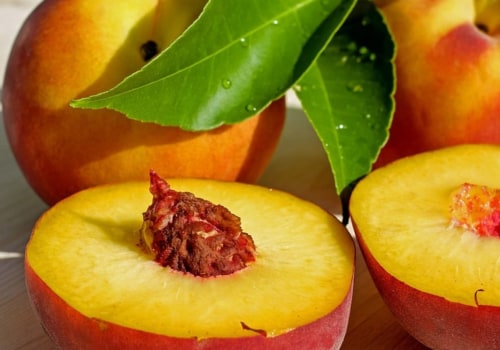When it comes to deleting data in SQL, there are three main commands that can be used: DELETE, TRUNCATE TABLE and DROP TABLE. Each of these commands has its own purpose and should be used accordingly. The DELETE statement is used to remove one or more tuples from a table. It is slower than the TRUNCATE command as it analyzes each row before deleting it.
If you want to delete all the records in a table, it is preferable to use TRUNCATE instead of DELETE. The TRUNCATE command is a DDL command that removes all rows from the table and also frees up available space. It is faster than the DELETE statement and can be undone in database engines such as SQL Server and PostgreSQL. TRUNCATE TABLE locks the entire table to remove data from a table; therefore, this command also uses less transaction space than DELETE. The DROP command is a DDL command which removes the entire data along with the table structure (as opposed to the truncate command which removes only the rows).
MySQL does not allow users to truncate the table referred to as a FOREIGN KEY in another table. In PostgreSQL, you need the TRUNC privilege; in SQL Server, the minimum permission is ALTER table; in MySQL, you need the DROP privilege. In conclusion, each of these commands has its own purpose and should be used accordingly. The DELETE statement is used to remove one or more tuples from a table, while the TRUNCATE command is used to remove all rows from a table and free up available space. The DROP command removes the entire data along with the table structure.
It is important to note that MySQL does not allow users to truncate tables referred to as FOREIGN KEYs in another table.











